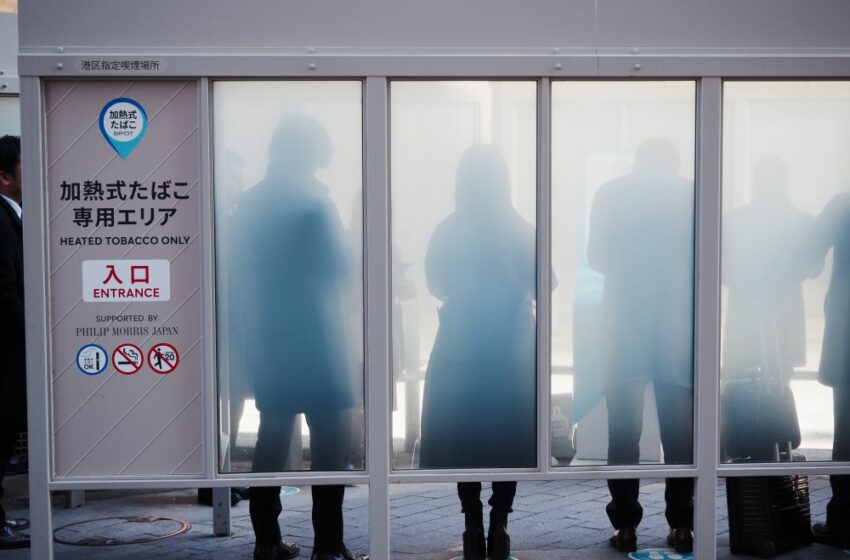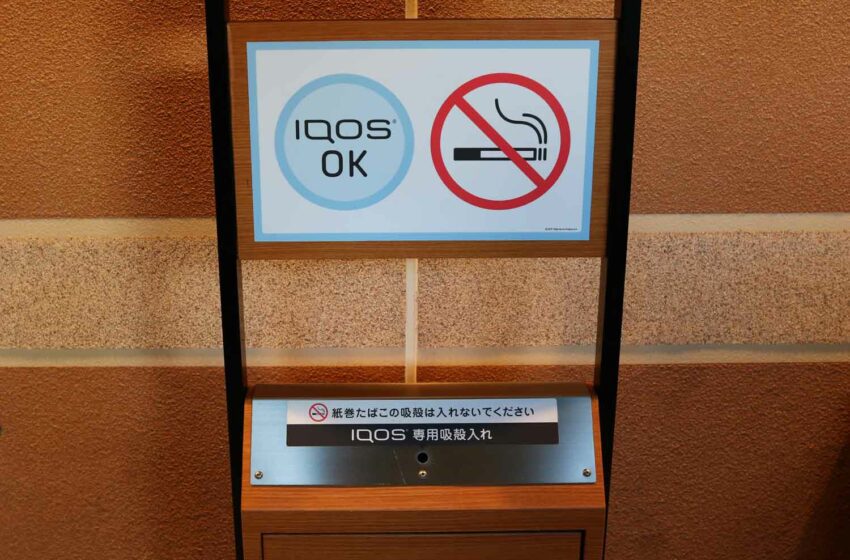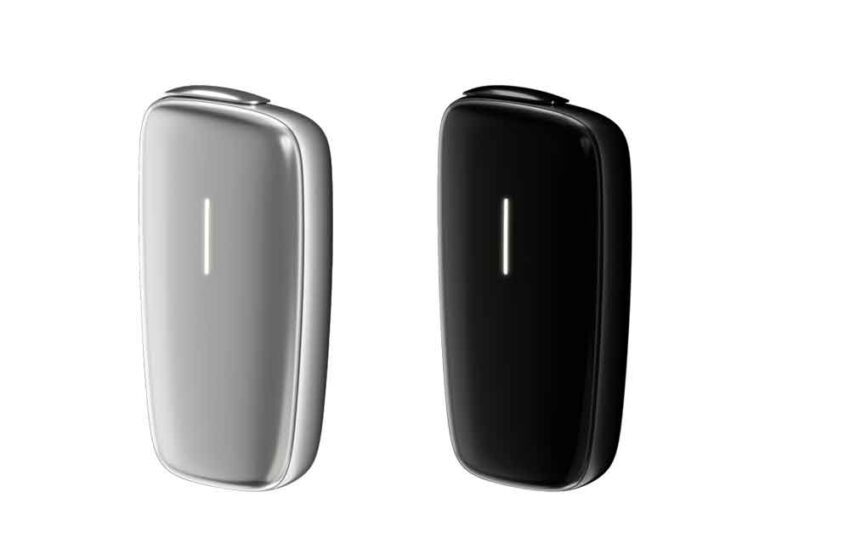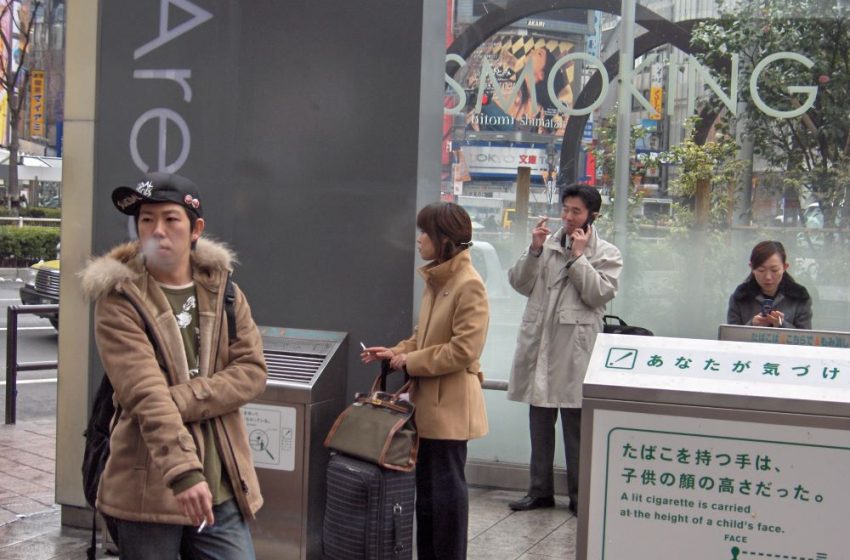Two papers accused PMI of "manipulation" based on leaked company documents. Read More
Tags :Japan
Heated-tobacco products continue to eat into the sales of combustible cigarettes in Japan, albeit at a slower pace than before.Read More
The experience hints at the potential to reduce cigarette sales in similar nations. Read More
Some lawmakers want to retain the tax differential to reflect differences in risk. Read More
The product features improved taste and greater user comfort, according to the firm. Read More
The infused tobacco vapor device will be available for presale online from Aug. 7, 2023. Read More
The new product replaces Ploom TECH, Ploom TECH + and Ploom TECH + With.Read More
A Japanese government survey ‘reveals’ that nonsmokers find smoke unpleasant while smokers like it. Read More
83 percent of participants in a recent survey said they find smoke unpleasant.Read More
More than 1,700 Japanese growers intend to cease tobacco production in 2022. Read More










